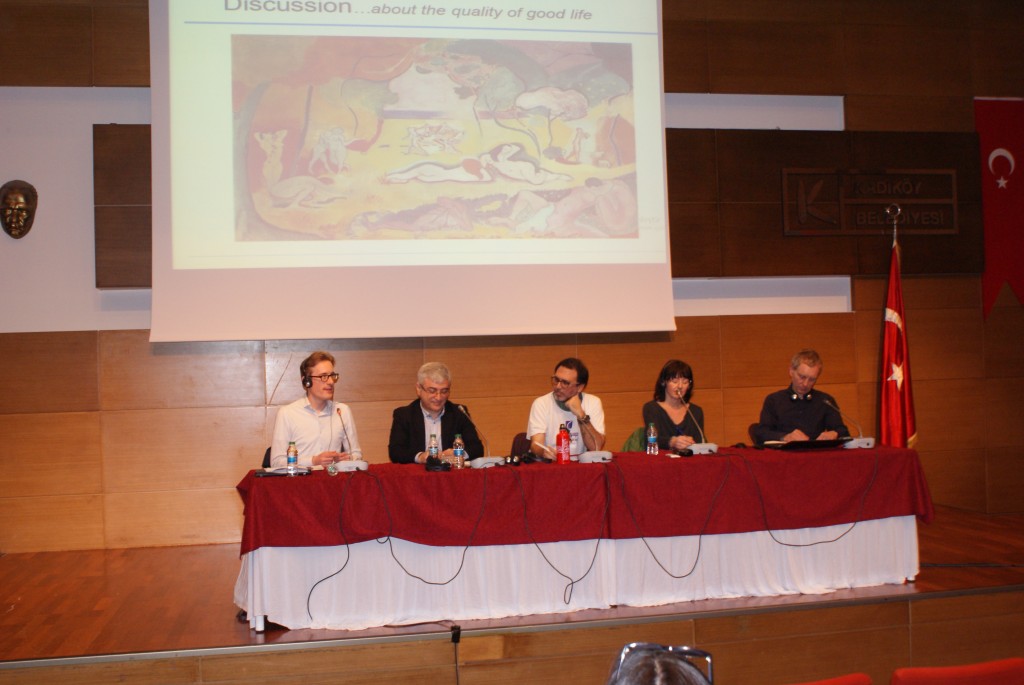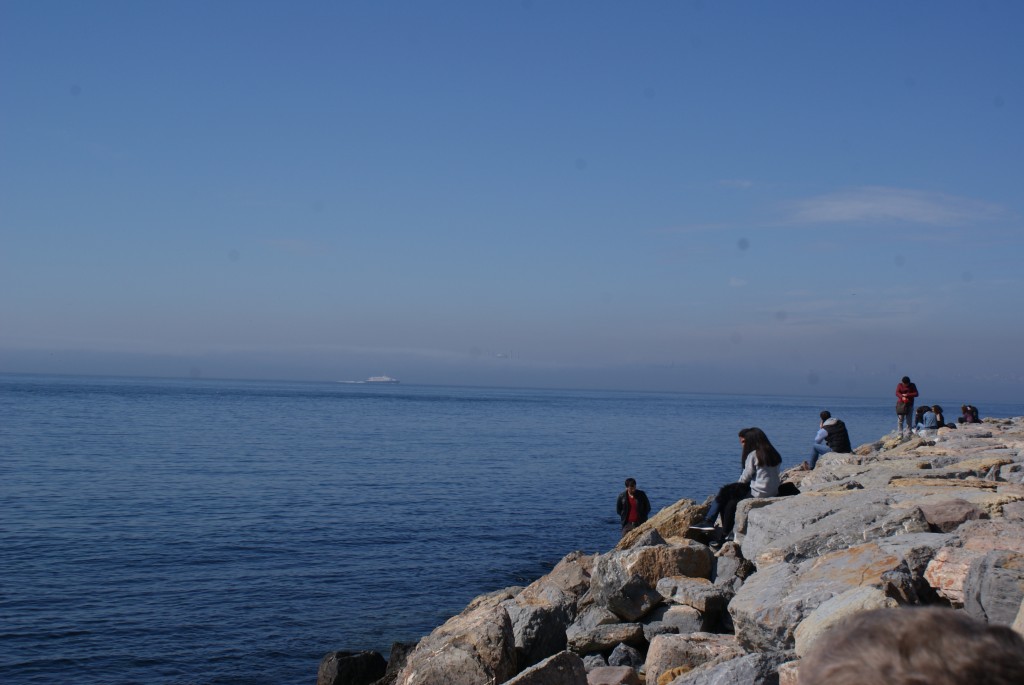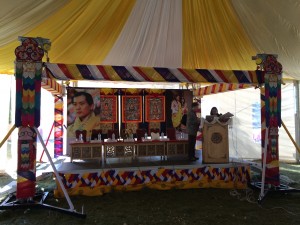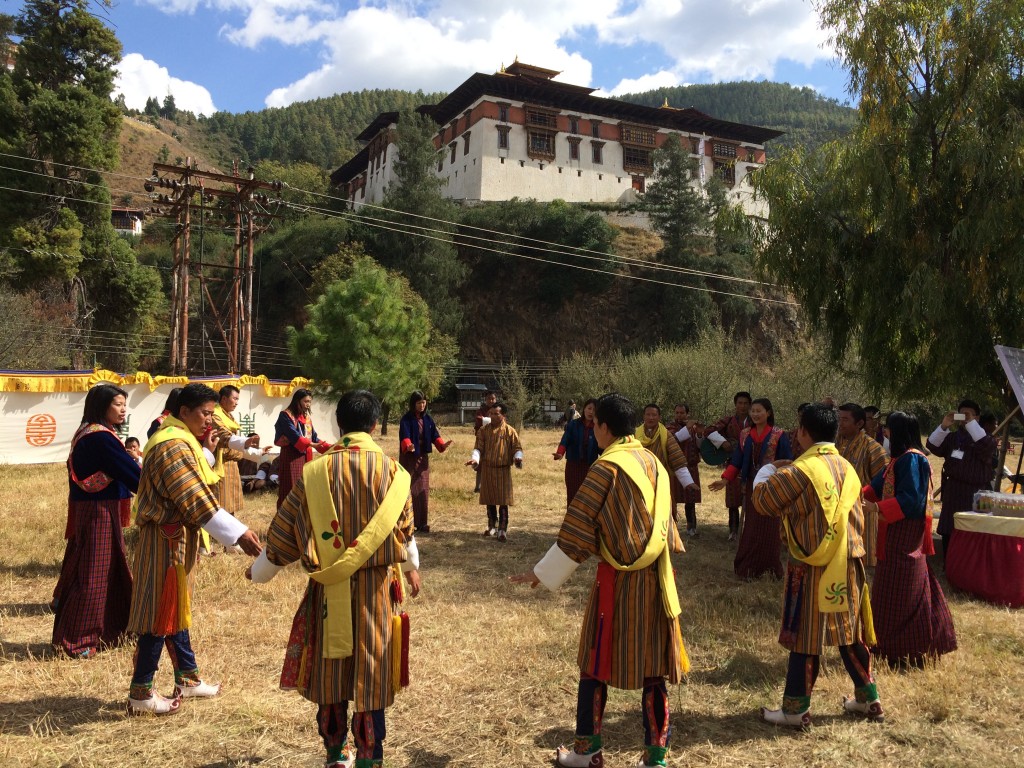Save the date and tell your friends!
This International Women’s Day, be inspired by workshops on happiness and love at Google Campus Warsaw.
Together with my better half, I will give a workshop on “Happiness, A User’s Guide”. The workshop takes place 8 March 2019 at 9.30 at Google Campus (Plac Konesera 10 in Warsaw). Afterwards, there will also be a workshop (in Polish) on love in business.
See below for the quick intro to the workshop, and for the short bios of my wife and fellow speaker Ania. You can register via Google Campus’ page here.
Looking forward to see you on 8 March.
Workshop “Happiness: a user’s guide’
Happiness. We all know it when we feel happy. At the same time, the pursuit of happiness is one of the most complicated endeavours in our life. How does happiness work? In the workshop, Jasper Bergink and Anna Koziarska-Bergink will go into the following questions
– what does happiness mean, and can we measure it?
– why is Poland a lot happier country than many Poles think?
– what are the ten golden rules of happiness?
After the workshop, you will better understand what happiness is. We hope it will inspire you to live your life in the way that makes you happy.
About us
Since 2013, Jasper Bergink edits the blog For A State of Happiness (www.forastateofhappiness.com), dedicated to research about happiness and wellbeing. He is also a speaker on happiness and has delivered workshops for organisations including TEDxLuxembourg, the region of Jalisco (Mexico), Erasmus University Rotterdam (Netherlands), and Credit Suisse Warsaw.
Anna Koziarska-Bergink is a psychologist by training. Since 2012, she has given hundreds of hours of workshops on topics including personal and business growth, teambuilding, and marketing and sales. She is specialising in positive psychology and psycho-social training in a Warsaw University postgraduate programme.






